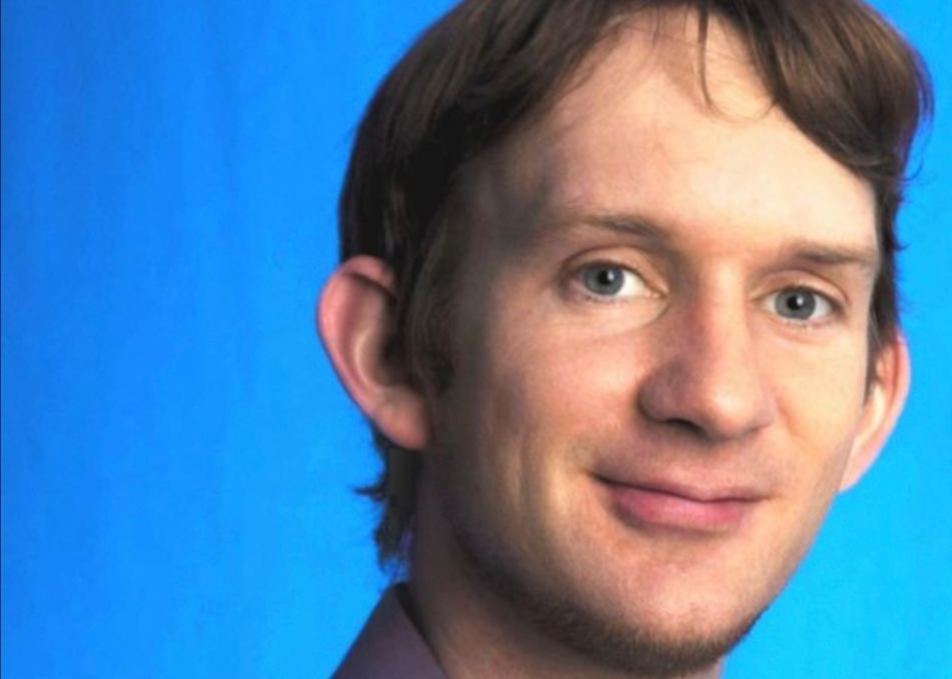
The novel coronavirus (SARS-CoV-2) crisis has changed the way we live. Some governments have imposed restrictions of movement and mandatory masks while other governments have adopted stricter guidelines that resulted in country wide lockdowns. The main issue with the coronavirus is not necessarily how it affects the people that are infected rather the death rate. The virus spreads in multiple ways and is very contagious.
Scientist Philipp Kindt has proposed a new way of tracking without compromising the private security of a person who has tested positive for the virus and the person or people that have potentially been infected. Some governments like Singapore have asked the populace to download an app to their respective smartphones that will allow Bluetooth technology to track phones that come into the immediate vicinity of other phones.
[ad]
Smartphone-based electronic contact tracing is currently considered an essential tool towards easing lockdowns and curfews that have been issued by most governments around the world in response to the coronavirus pandemic.
While the issues on developing smartphone-based contact tracing applications or apps has been privacy concerns stemming from the use of such apps, an important question that has not received sufficient attention is: How reliable will such smartphone-based electronic contact tracing be in today’s modern world where one is running from place to place?
This is a technical question that scientist Philipp Kindt raised. He thought on how two or more smartphones reliably register their proximity to one another. A few technical prerequisites are required for effective smartphone-based contact tracing. The underlying mechanism that any contact tracing app relies on is called Neighbor Discovery (ND), which involves smartphones transmitting and scanning for Bluetooth signals to record their mutual presence whenever they are in close proximity to one another.
What Singapore did was develop an application that its citizens can download onto their smartphones. The app called Trace Together is supported by the Ministry of Health and the government of Singapore.
[ad]
While modelling the spread of infections in a pandemic, Kindt assumed that an infected person had the potential to infect others. R is referred to as the effective reproduction rate of the virus. Recent studies conducted by Kindt, suggest that the value of R can be reduced by using electronic contact tracing which has been implemented by Singapore.
If the entire population of Singapore, or any other country, download this tracking app Kindt proposes that it would be able to decrease the morbidity rate by a considerable amount. In order to protect the privacy of the citizens, once he has tested positive with the virus a medical professional would ask to access a special number that is unique to each smartphone. By using the unique number, medical personnel or health officials would be able to trace how many other smartphones (assuming the people of a particular Country, State or City downloaded the app) were in the vicinity. Thus alerting the owners of the phones that came into contact that they need to be checked if they are infected.
[ad]
And by tracking one person who is infected the app will be able to trace everyone who could have potentially been infected because they were in close proximity with the infected person. Then these people can can go into quarantine till they show no symptoms and are cleared or any threat of them infecting others is eliminated.
Philipp Kindt received his diploma in Electrical Engineering from Technical University of Munich (TUM) in 2012. He has submitted a PhD thesis in the area of low-power communication at Tech- nical University of Munich (TUM) and is currently awaiting his defense.
He has authored multiple peer- reviewed papers at venues such as ACM SIGCOMM, IEEE INFOCOM, ACM/ IEEE IPSN, IEEE PIMRC or the IEEE transactions on Mobile Computing. His main research interests are wireless communication & mobile computing.
[ad]



